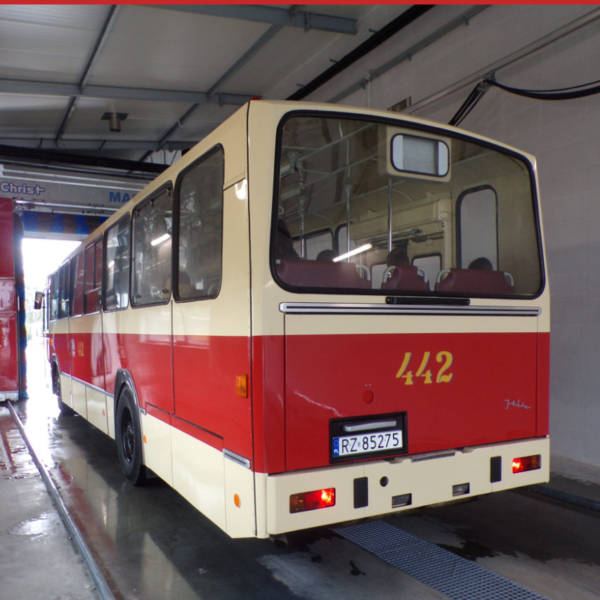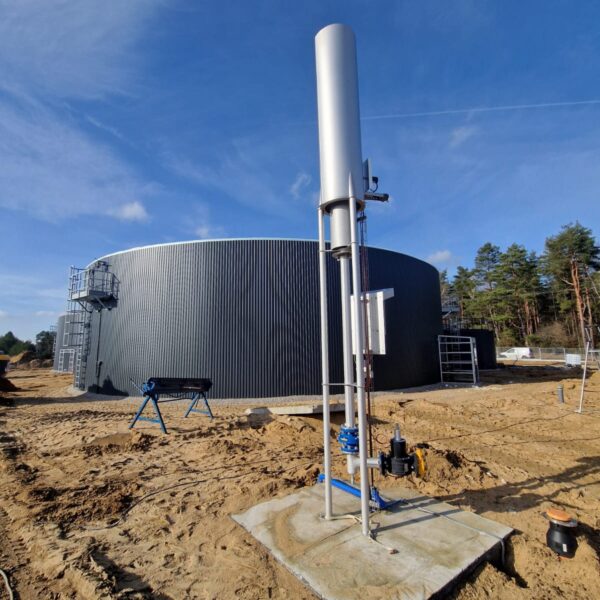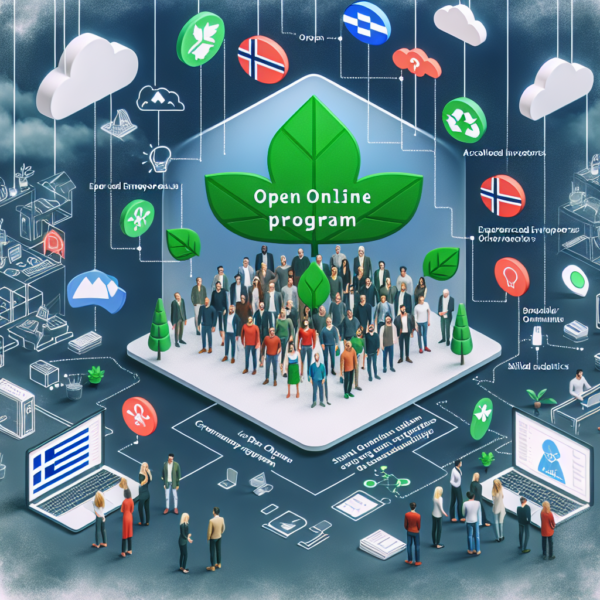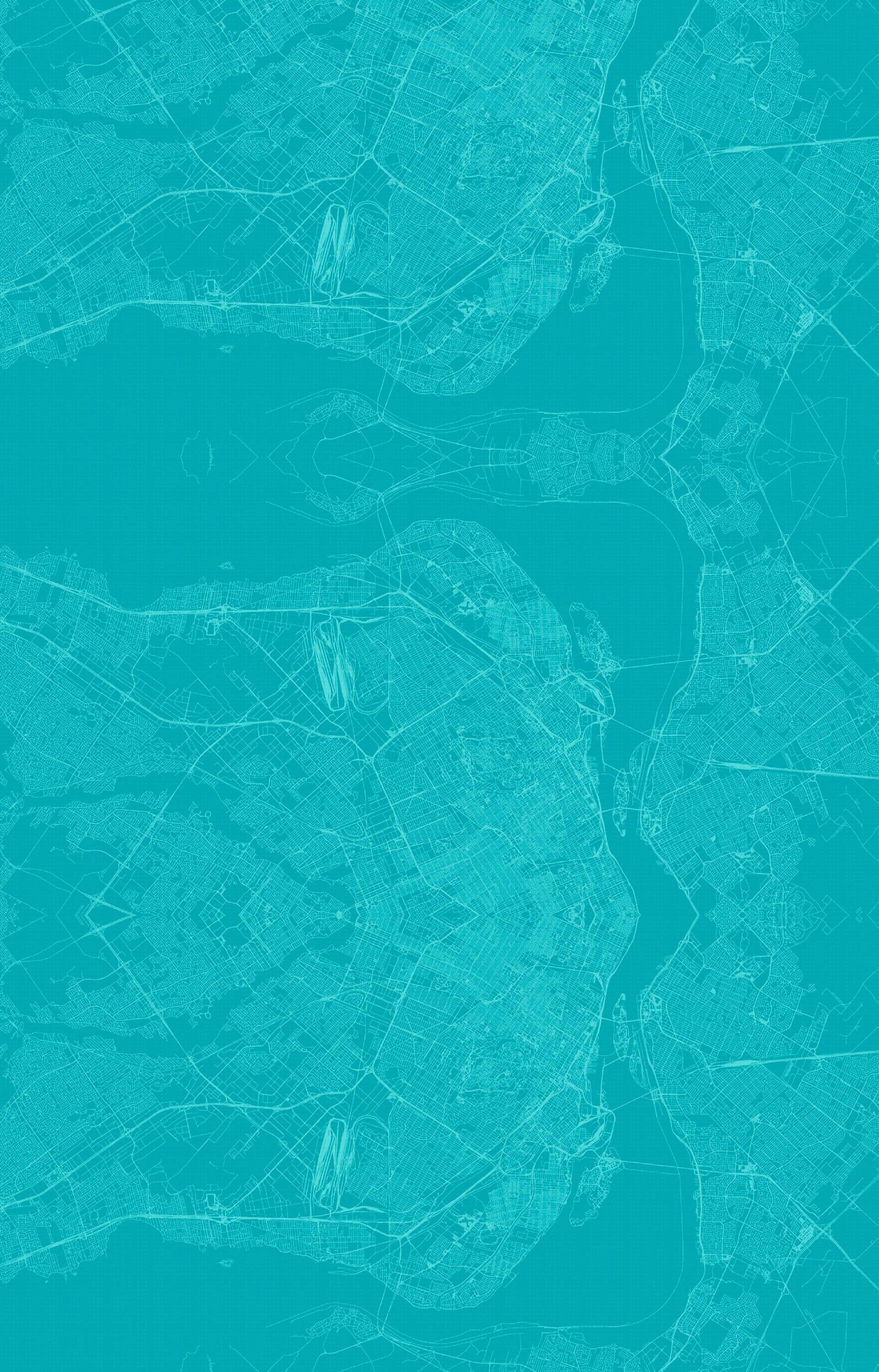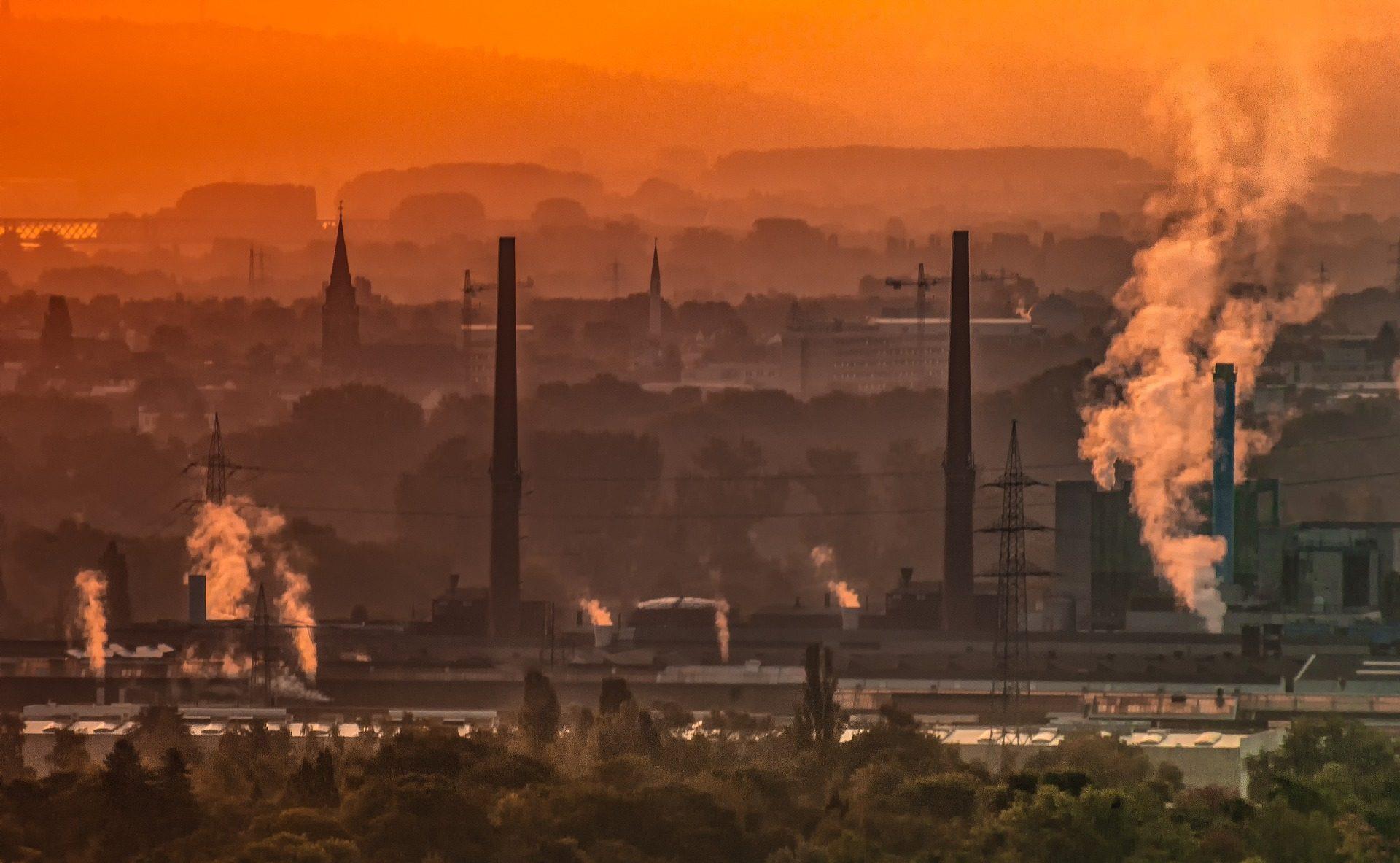
PAZEWAIA
Establishing an industrial ecosystem in local communities where technologies to be aligned to Best Available Technologies.
Establishing an industrial ecosystem in local communities where technologies to be aligned to Best Available Technologies.
Currently Romania recycles less than 6% of waste generated, nota bene, in the conditions that Romanians generate only a fraction of the waste generated in EU. When mining waste is considered, the figures per capita above are approximately 10 times higher. These levels are very far from the EU levels that amounts to around 3 billion tons of waste generated each year and will increase with 45% as compared to 1995 levels. It is important to underline that important quantities of waste are exported because of lack of processing facilities in Romania. This applies especially to complex waste as Electrical and Electronic Equipment (WEEE), hazardous and medical.
Thus, Romanian waste sustains jobs and economic activities abroad instead of contributing to the domestic economics. It is the Project aim to find local solutions and create local jobs for processing / recycling / reusing waste locally. For the Suceava County in the Romanian Focal Zone, the figures related to levels of recovery and recycling are even lower, even biomass (wood), a representative resource of the Focal Zone is poorly recycled. Important quantities of wooden waste and sawdust are polluting rivers and roads in the area.
The project aims to establish an industrial ecosystem in local communities where technologies to be aligned to Best Available Technologies and unused or residual resources of one company are used by another, resulting in mutual economic, social and environmental benefits both for the companies and the community.
The project covers the following activities:
- Assessing the Inventory of wastes and any other resources available in the Focal Zones that can be reinserted in the economic cycle.
- Generating, together with managers, options for Cleaner Production, reducing, in this way, the amount of waste that should be cared for;
- Generating symbiotic business partnerships in the Focal Zone (Norwegian Business partnerships with Romanian Companies, very encouraged), for adding value to available resources (wastes, production capacities, laboratories, experts, transport facilities, training capabilities, workshops not used, etc.) and for reducing the need of virgin resources, fossil fuels and the environmental footprint of economic activities in the Focal Zones.
- Establishing use of an internet based tool for increased local resources Norwegian Partner expected to insert data from Norwegian Companies
- Increasing territorial cohesion in Focal Zones and collaboration with Norwegian partners and experts in all perspectives of sustainability by transfer of scientific, technical, economic, environmental know-how
By its completion, PAZEWAIA will have generated:
- An assessment procedure that will categorize potential symbiotic partnerships along technical and environmental criteria. Partnerships having the highest or innovative technical profile and least environmental impact will be encouraged. It is expected that 100+ companies in the Focal Zone will be assessed.
- A number of 30 Industrial Symbiosis partnerships will be created, stimulating local initiative and innovative approaches, but also Romanian-Norwegian cooperation. The Project will attract experts from industry, universities, research institutes and business/local authorities to solve difficult Cleaner Production or symbiotic problems. In may instances, the effective implementation of a given symbiotic link will require the expertise of academic and R&D representatives. Their input will be essential to the success of the partnership since they will identify and test the best solution for a symbiotic collaboration, they will make some symbiotic partnerships possible (by suggesting practical technical solutions), they will contribute to innovative approaches that clearly differentiates the present project from a brokerage activity.
- Focusing on local potential for economic activities, especially tourism. Number of projects supporting the development of permanent joint services in the area of The best example is the use of renewables (e.g. biomass waste) in domestic heating for touristic facilities. This will dramatically reduce the energy bill of tourism investors, will improve sensibly the quality of environment and will add to the sustainability of their business. As the touristic potential of the Focal Zone is huge and has a long confirmed tradition, the Project will make a priority for generating symbiotic partnerships with tourist service providers and will encourage Norwegian involvement.
- Establishing use of internet based tool to industrial organizations in Romania and elsewhere providing information, advice and exchange function for their unused resources and The application will collect information about resources available at enterprise level, will suggest ways for reducing waste generation via Cleaner Production approach and will generate a number of potential symbiotic partnerships with organizations that may use and add value to the available resource or waste. It is expected that 100+ companies in the Focal Zone will be included and use the application. During the Project, access to information will be for free. After the Project, the Team will suggest ways to sustain the momentum and keep the internet tool operational, in exchange of a minimal contribution of end-users or by using sponsorships or Government aid.

